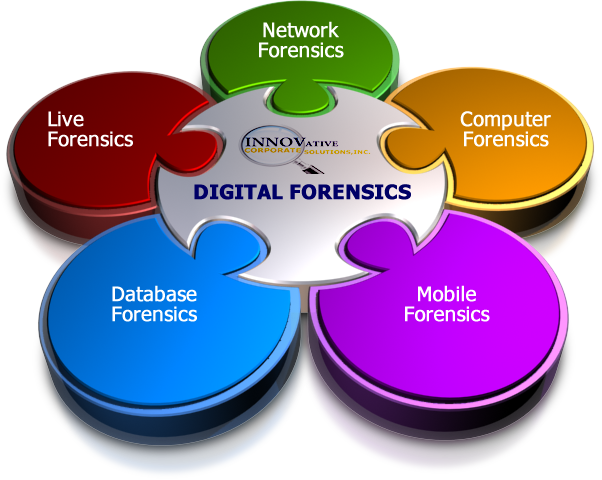Forensic Science
Forensic science combines science and investigation in order to aid and support the prosecution or defense in criminal and civil investigations. While the profession has been widely romanticized by various TV shows, make no mistake – this job is most likely different that you expect. In contrast with popular perception, this is a highly scientific role, which often involves detailed, painstaking work. Field duties are limited to a few areas of expertise, and most often than not a forensic scientist will spend his time in the lab.
If you made it this far, though, congratulations! You’re taking the first steps in joining a very rewarding profession and itsGOV is here to guide you through what you need to know and what you need to do to join a forensic science program in Louisiana.
Depending on the type of forensic science practiced, different degrees and educational backgrounds may help a candidate get a job and excel in this field. Regarding formal education, requirements vary across jobs, but you should definitely have a solid background in mathematics, biology and chemistry.
The National Institute of Justice, a division of the U.S. Department of Justice, offers guidelines for model undergraduate and graduate forensic science degree programs. According to the American Academy of Forensic Science, strong programs should offer a curriculum that concentrates on scientific writing, laboratory skills, public speaking, and computer software application training.
The Louisiana State Police Crime Laboratory, which is part of the Louisiana Department of Public Safety and Corrections, was created in 1937 to provide forensic services to the State of Louisiana. The Crime Laboratory is responsible for assisting local, state and federal law enforcement agencies in the investigation of criminal activity through scientific analyses of physical evidence.
Forensic Science Requirements in Louisiana
As the largest laboratory of its kind in the state—the lab receives more than 18,000 requests for analyses each year—the Crime Laboratory is used by both law enforcement and judicial agencies, from New Orleans to Baton Rouge and Shreveport.
The Crime Laboratory is accredited by the American Society of Crime Lab Directors/Laboratory Accreditation Board in the following forensic science disciplines:
- Controlled substances
- Trace evidence, including fire debris, impression evidence, and general physical analysis
- Biology
- Latent prints
- Toxicology
- Firearms
- Toolmarks
- Crime scene
The Crime Laboratory is organized into distinct units, including:
- DNA Unit
- Drug Analysis Unit
- Evidence Receiving Unit
- Photo Lab
- Physical Evidence Unit
- Toxicology Unit
Forensic Science Training in Louisiana
Prospective students who are seeking a good option for schooling in Louisiana will find that the forensic science field could lead to an exciting career. Today, there are more forensic science specialists working in the state than there were a couple of years ago, and there are several quality forensic science colleges in Louisiana that offer the courses and the training that people interested in the field will need to prepare for a career in the field of forensics. As well, students choosing to attending one of the forensics colleges in Louisiana could be eligible for student affiliate membership in the American Academy of Forensic Sciences(AAFS), which provides a plethora of resources and information germane to the forensic science field.
Forensic Science Salary in Louisiana
According to 2012 information from the U.S. Bureau of Labor Statistics, 110 forensic science technicians were employed in the state, and they earned mean annual wages of $45,520. The job opportunities for forensic science technicians available in Louisiana are expected to grow by 17 percent from 2010 to 2020, according to Career One Stop, which is sponsored by the U.S. Department of Labor. This job growth could provide opportunities to recent graduates of forensics colleges in Louisiana or even online programs. Many opportunities could be available in Louisiana’s largest cities, including Baton Rouge and New Orleans. Students wishing to pursue job opportunities outside of Louisiana will be reassured to know that job growth nationwide is expected to increase by 19 percent from 2010 to 2020 for forensic science technicians.
Forensic Science Schools and Colleges in Louisiana
Bachelor’s Degree Programs in Louisiana
| University | Loyola University, Forensic Chemistry B.S. |
| Duration | 24 months |
| Type | Full time, Part time |
| Tuition and fees | $24,635 per year |
| Program link |
Master’s Degree Programs in Louisiana
There are currently no master’s programs in Louisiana.



